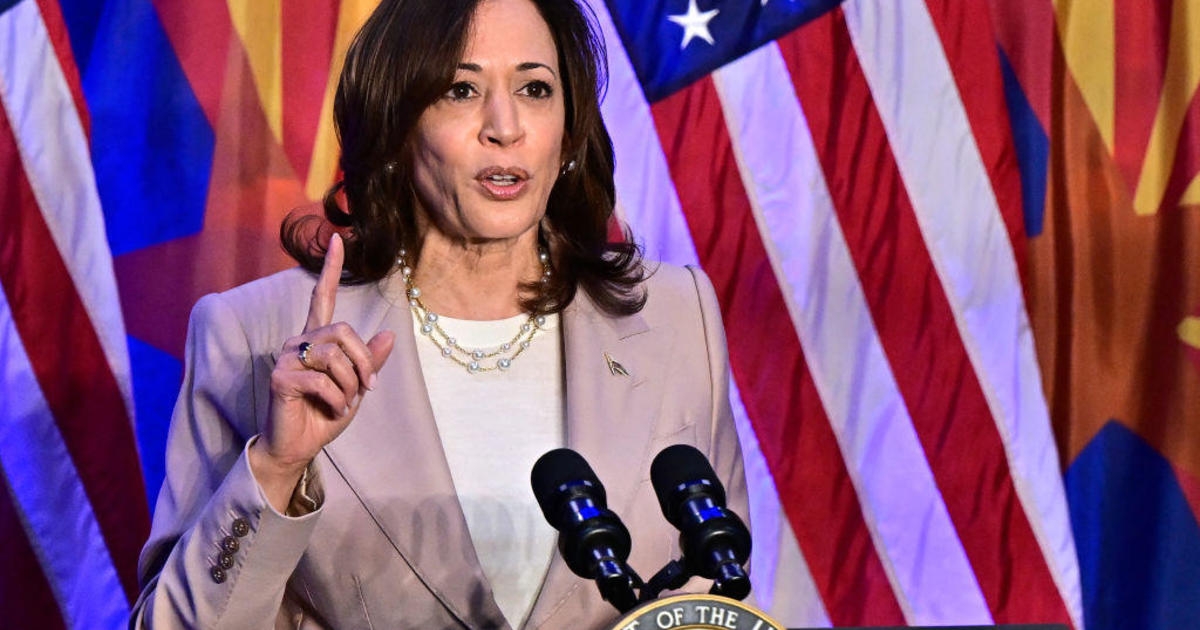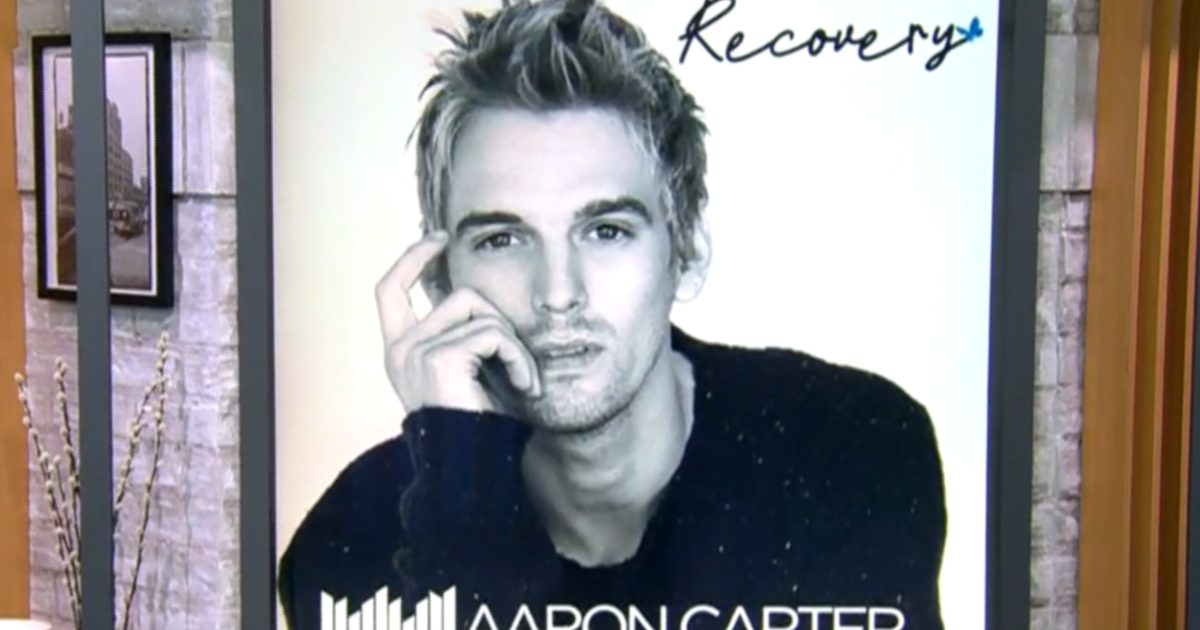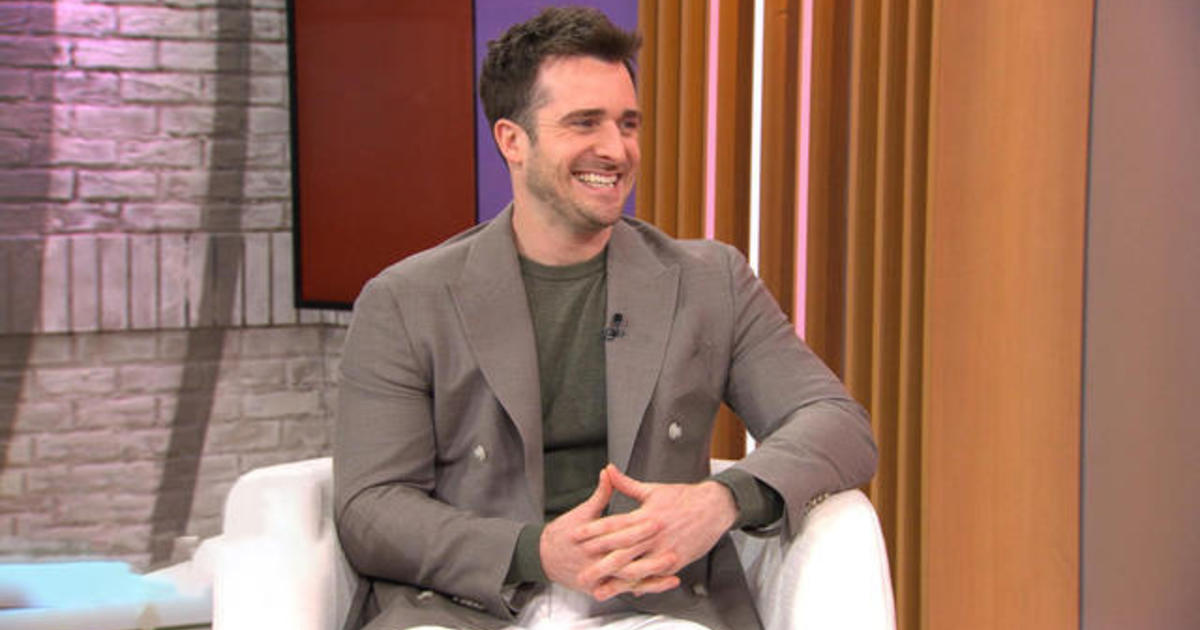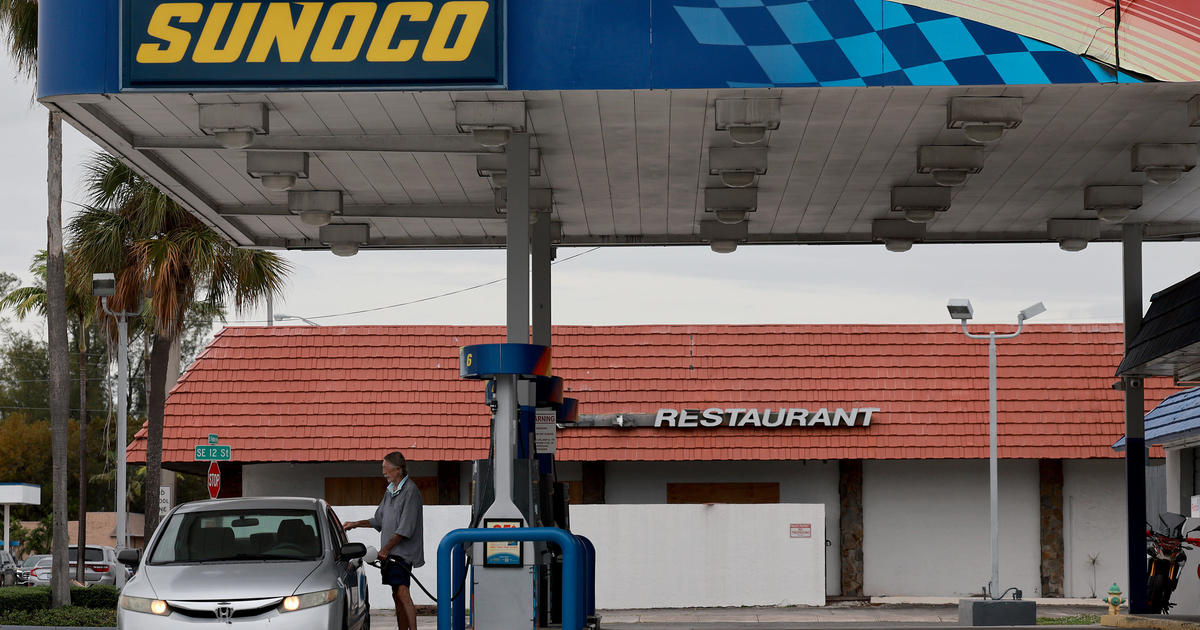Brené Brown's 4 tips for navigating anxiety during the coronavirus
Brené Brown has spent over 20 years studying emotions. Her 2010 TED Talk, "The Power of Vulnerability," has been viewed more than 46 million times, helping her launch a brand that includes best-selling books and speeches to help people process their feelings and behavior.
She launched a podcast called "Unlocking Us" in March. The theme of the first episode is navigating first times — something many people can relate to amid the uncertainty surrounding the coronavirus pandemic.
Brown joined "CBS This Morning" co-host Gayle King on the "CBS This Morning" podcast with her advice on these unprecedented times.
Understand the toll anxiety takes
"I think we are spiritually, physically, mentally weary. I mean, the toll that anxiety, uncertainty and fear takes on us is heavy. I think there's a couple of things. One, we can't see [the virus] and that is like scary-movie-level stressful. Like, we can't see this thing. And you talk about a rhythm of crisis that we're used to. And one of the things that happens in the rhythm of crisis, whether it's, you know — I'm in Houston — whether it's a hurricane or a fire or a flood, we depend on adrenaline to get us through the crisis. And we have been adrenaline-fueled for the last week or 10 days. But it's coming to its end now.
"Adrenaline has a short shelf life. It cannot fuel us through a crisis that lasts for six weeks. And adrenaline is, man, it's hard on our bodies. So I think we're coming to the end of an adrenaline-fueled crisis and we're going to have to find a way to settle into this rhythm. The only way I can think about it is we have to grieve the loss of normal. At the exact same time, we're trying to find our footing in a new normal."
Move your body
"As the wave of pandemic travels through the U.S. and we start to lose people that we see every day and know every day, it's going to be grief on top of grief, on top of grief. And the only things I can tell you for sure that I believe work — and I think there's good science behind this — is we have to move our bodies. Because we store trauma and grief and anxiety in our bodies.
"We have to exercise. We have to walk. We have to do yoga. We have to move our bodies. We have to sleep. And we have to absolutely monitor how much news we consume. We just can't do it ad nauseam."
Don't rank your suffering
"There is this idea that I'm, you know, I'm struggling. My daughter's crying because she got ripped out of her junior year of college. She doesn't get to finish school. Her friends don't have graduation. It's going to be postponed. And she thinks, 'Oh, I can't cry or be sad about that, because my mom is trying to hold a company together. And that's harder.' And then I'm thinking, 'I can't cry about that, because look at the E.R. doctor in New York.' And then the E.R. doctor's thinking, 'This is hard as hell, but I can't cry because look at the woman who just lost her husband.'
"That whole mythology of rank-ordering suffering is built on the idea that compassion and empathy are finite — that if I have eight slices of empathy and I give Gayle one, I only have seven. So I've got to really make sure Gayle deserves one. That's not the way they work. Every time we practice empathy and compassion, we make more empathy and compassion.
"Here's what people have to understand about emotional literacy: Shame and empathy are incompatible. So if I feel shame about feeling sad and not deserving, I have less empathy to offer other people who really need it. So, own your feeling. This is our family motto. You can always own your feelings. You can always even complain and talk about it. Just piss and moan with perspective. But hurt is hurt."
It's OK to be vulnerable right now
"I just ask one question for people who say, 'I don't [show vulnerability].' I say, you know, the definition of vulnerability is uncertainty, risk and emotional exposure. Give me a single example of courage in your life — or that you've witnessed in someone else's life — one example of courage that did not require uncertainty, risk and emotional exposure. And the first time I asked that question, I was with Special Forces at Fort Bragg, and there was no answer. And I've asked [the question] to 10,000 people. No one can [answer].
"There is no courage without vulnerability. I don't want you to be vulnerable and all gooey for vulnerability sake. I hate that crap. That is not my personality at all. I'm just saying that vulnerability is the birthplace of courage. And if we want to be brave, we have to be real. And that requires risk."
Listen to Brown's full conversation with King on the "CBS This Morning" podcast to hear more about "Unlocking Us," why she says relationships aren't always 50-50 and why she considers her recent "60 Minutes" interview one of the "most vulnerable" things she has ever done.



